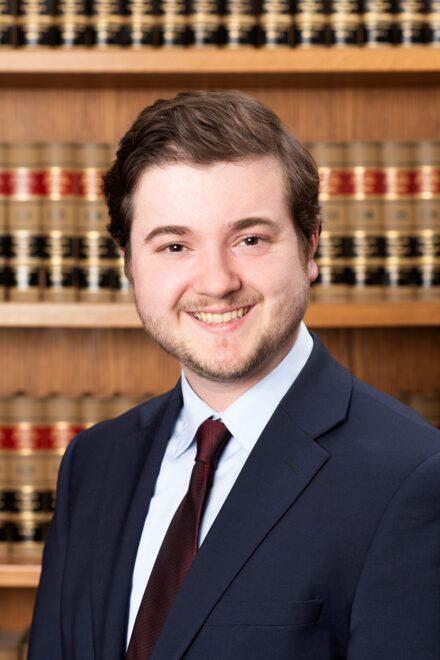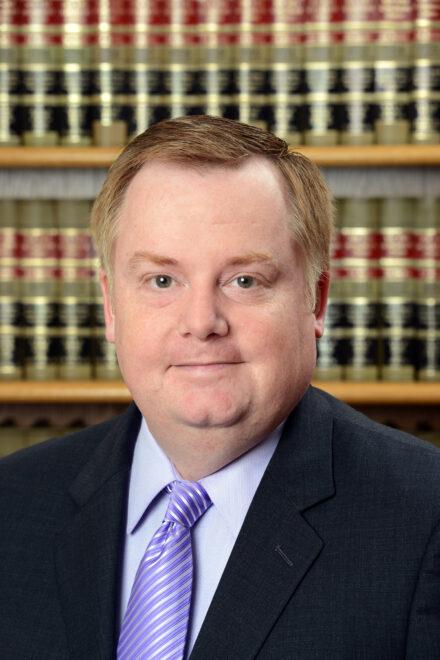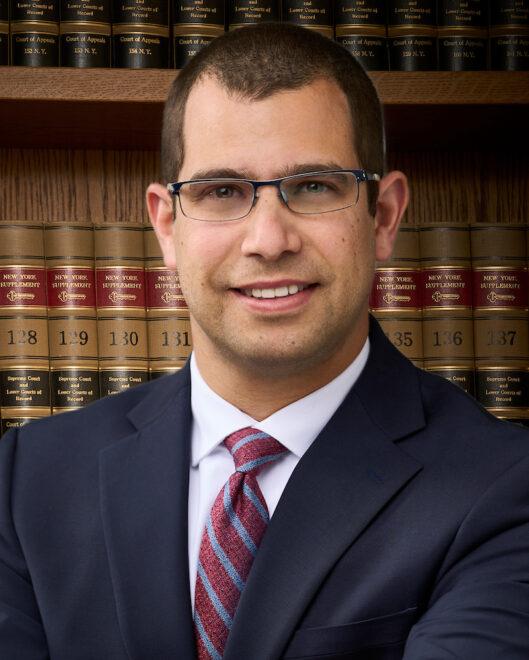Special Needs Attorneys
Our special needs attorneys guide the families of disabled individuals and those who suffer from mental health issues through the specific considerations that affect their loved one. Whether for estate planning, ongoing decision making, or accessing and maximizing governmental benefits, our experienced team understands the challenges families face providing for those with disabilities.
One common planning tool used is a supplemental needs trust (“SNT”). This type of trust is designed to manage the income and or assets of a disabled individual while still allowing him/her to access governmental benefits such as Supplemental Security Income and/or Medicaid. SNTs are broken into two broad categories: First Party Supplemental Needs Trusts and Third-Party Supplemental Needs Trusts.
A First Party Supplement Needs Trust (“First Party SNT”), also referred to as Special Needs Trust, is used to manage income and/or assets that belong to a disabled individual so that he/she may receive needs based governmental benefits.
- A First Party SNT may be created by the beneficiary, a parent, grandparent, or the Court.
- The funds in this First Party SNT may be used for the supplemental care and support of the trust beneficiary. Such expenditures can include electronics, subscriptions, household items, and vehicles, to name few.
- Upon the beneficiary’s death the remaining assets must be paid to the governmental entities that have aided the beneficiary.
It is important that the management of these SNTs be handled in conjunction with an overall plan that will serve the disabled beneficiary through their life. Our dedicated Special Needs Attorneys can help guide you through their options and counsel them with regard to creation and administration of a First Party SNT.
A Third-Party Supplemental Needs Trust (“Third Party SNT”) is created by and funded with the assets of another individual, such as a parent or grandparent.
- The funds in the Third Party SNT can be used in similar ways as those in a First Party SNT, to supplement and not supplant governmental benefits.
- A Third Party SNT does not require that the government be paid back any funds remaining at the death of the beneficiary.
A Third Party SNT provides a valuable vehicle for families of disabled and mentally ill individuals to provide for their loved ones without interfering with any benefits to which they may be entitled.
In some instances, a disabled individual over the age of 18 requires a Court Appointed Guardian to manage his/her affairs. New York provides a specific plenary proceeding under Article 17a of the Surrogate Court’s Proceeding Act to address the needs of disabled individuals. This plenary proceeding has developed for individuals who meet specific criteria. With expedited process and fewer reporting requirements, a 17a guardianship provides a good alternative to an Article 81 Guardianship. To learn more about guardianships click here:
Our team of Special Needs attorneys benefit from our ability to co-counsel with members of Abrams Fensterman, LLP. other practice groups. For example, we co-counsel with attorneys from our Mental Health Law Practice to assure at the appropriate provisions to address the specific concerns implicated in the management of assets on behalf of a mentally ill family member. Similarly, our Special Needs and Family Law attorneys work together to assure that the interests of disabled and mentally ill children are protected in a divorce proceeding.
Contact Our Law Firm
For further information about the firm’s special needs practice, contact the firm’s law offices on Long Island at 516-328-2300, in Brooklyn at 718-215-5300, White Plains at 914-607-7010, Rochester at 585-218-9999 or Albany at 518-535-9477 to schedule an initial consultation.















